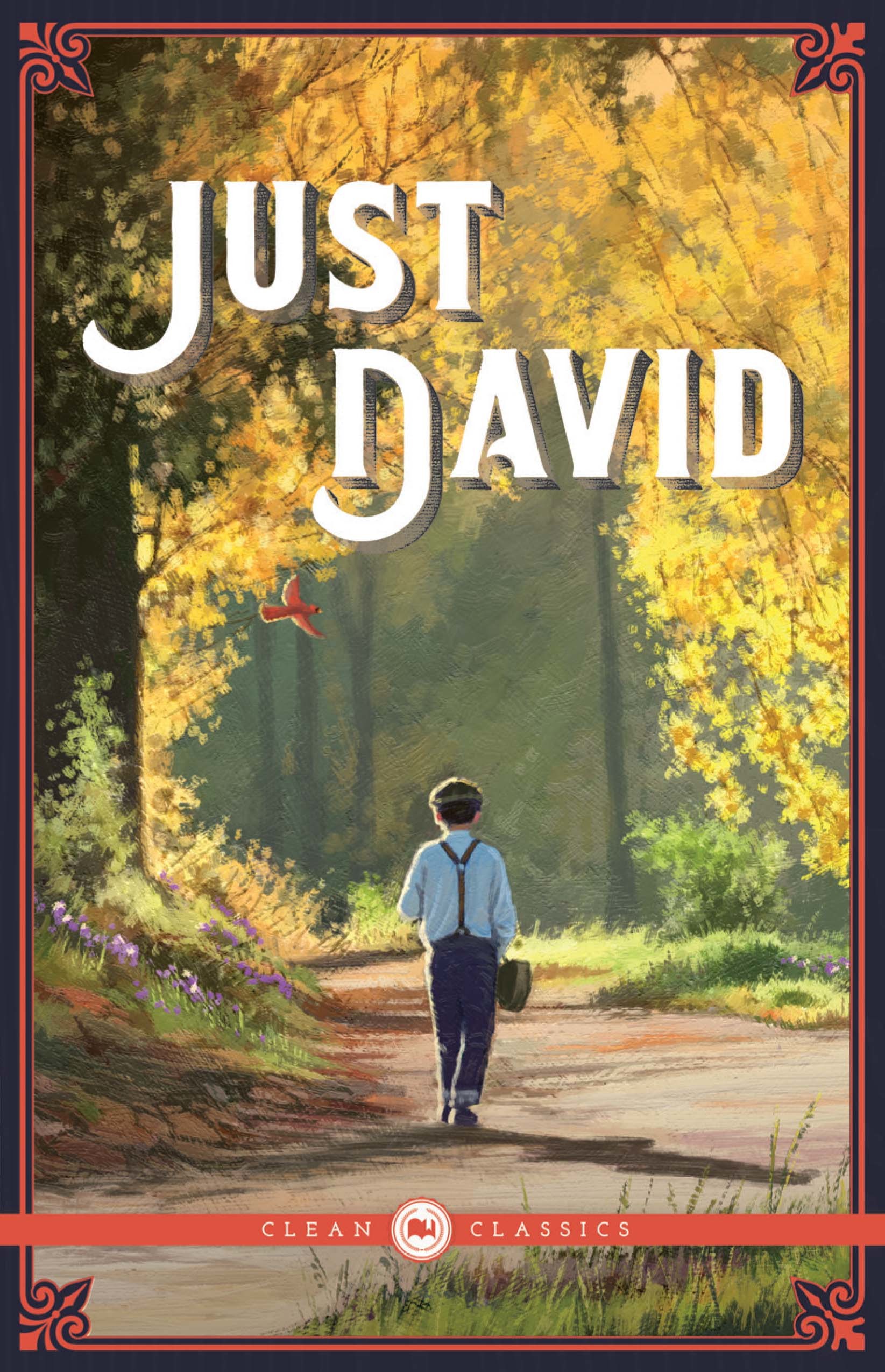“The Princess and the Pauper”
byThe Princess and the Pauper begins with a simple yet sorrowful truth—one shaped not by fairy tales, but by life’s unrelenting demands. Mr. Jack, cloaked in the guise of storyteller, speaks of a boy who once dreamed boldly but had to lay those dreams aside. Circumstances—duty, hardship, and necessity—turned him from a dreamer into a worker, from a hopeful youth into the pauper of the tale. This transformation was not born from failure but from sacrifice, a quiet trade made in the shadows of obligation. As the Princess, now unaware of the world across the valley, flourishes in her golden castle, the boy she once knew disappears into the routine of survival. Jill’s soft questions tug gently at the unfairness of it all, suggesting hope, but Mr. Jack’s sigh answers with finality. This was not a story of magic spells or second chances. Not yet. It is a story paused at the ache of what might have been.
In David’s heart, though, hope flickers like candlelight against a draft. He listens, not as a boy lost in a bedtime tale, but as someone who believes deeply in change and redemption. He wonders aloud if the Princess might not help, if only she knew—perhaps she might wave once more. Jack, weary and bound by his own hidden history, dismisses the idea gently. For him, the gap is too wide. But David cannot let go of the possibility that love, memory, or even kindness might find its way back across that valley. Where Jack sees finality, David sees an unfinished symphony. It’s in these quiet differences that the reader senses the larger theme: innocence versus resignation, hope against the weary rhythm of adulthood. The story of the princess and the pauper is far more than allegory—it is the echo of real hearts once close, now distant.
Jack’s tale is laced with personal regret, each sentence wrapped around truths he cannot name aloud. The flag-waving children in their neighboring homes seem less like figments of fiction and more like fragments of memory. When he speaks of the girl in the tower, now draped in elegance and unreachable status, one hears not just nostalgia but sorrow. Her kindness to others only highlights her neglect of one forgotten friend. It’s a subtle indictment not of cruelty, but of oblivion—of how easy it is for those who rise to forget the hands that once waved back. Jack never says it was her fault. Instead, he speaks with the resignation of someone who never found the courage—or perhaps the worth—to ask her to remember. His story ends not with a closed door, but with one never knocked upon. And still, David listens, believing there might be another chapter waiting to be written.
The metaphor of the pauper across the way holds a quiet power. It shows how life creates divides not with malice but with momentum. Once, they shared childhood dreams; now, they live in parallel yet separate stories. The hill and the tower might only be a few yards apart, but they represent worlds that rarely touch. David, young enough to believe in the impossible, sees paths still open. His instincts challenge the quiet tragedies adults accept too easily. Maybe waving again isn’t so far-fetched. Maybe unspoken affection can still find words. Jack, looking out toward the softly glowing towers, sees only a memory gently retreating into the past. The Princess, though unaware of the story being told in her name, may still carry that same memory. And if that memory still breathes, perhaps the story hasn’t ended.
Every pause in Jack’s tale is a window into a man wrestling with his past. The boy who waved from the tiny porch wasn’t just a dreamer—he was someone who believed he could matter, even to royalty. But time, illness, and silence hardened his resolve. He learned to survive without expectation, burying not only his dreams but also the feelings that once stirred them. Jack’s refusal to name himself as the pauper doesn’t hide the truth from David. And yet, David offers no judgment. He listens with the same open heart that healed Mr. Holly and inspired a whole town. Perhaps that is why Jack tells him the story in the first place—not to mourn the past, but to wonder what a different ending could look like.
And in that wonder, the reader is invited too. The story is not just a tale about loss or longing. It is a gentle challenge—a question to all who have felt forgotten or who have allowed pride to build walls too high. What if waving back was enough to start again? What if one act of remembering could rekindle something once thought lost? David would say it can. Jack, for now, only hopes. But in stories, as in life, hope is often the first note of a brand new song.

